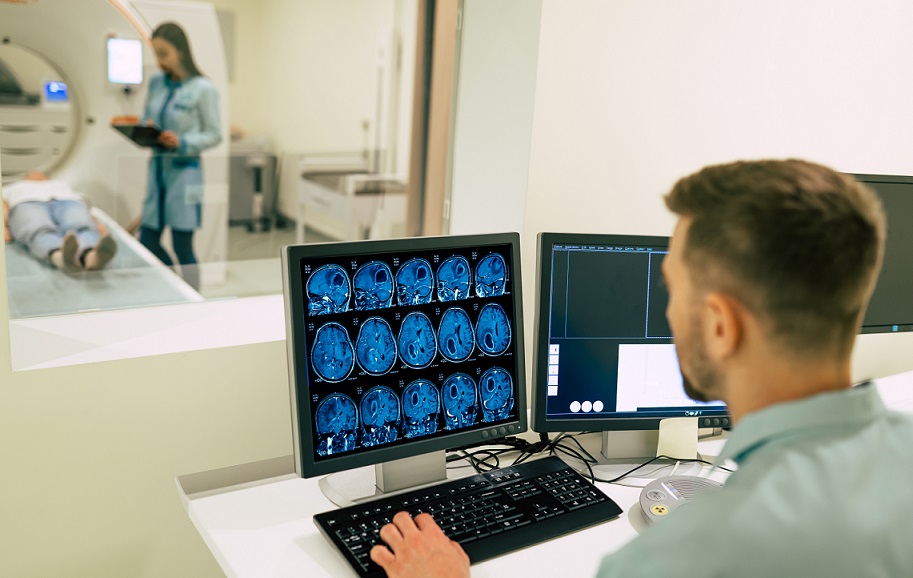MRI Reveals Functional and Structural Brain Changes Caused By Longstanding Diabetes
Posted on 11 Aug 2023
A new study reveals that the duration of type 2 diabetes in a patient is correlated with functional and structural changes in brain structure.
Researchers at Michigan Medicine (Ann Arbor, MI, USA) examined data from 51 middle-aged Pima American Indians who were living with type 2 diabetes. They employed the National Institutes of Health's NIH Toolbox Cognitive Battery, comprising memory and language tests, in conjunction with MRI scans to explore the connection between diabetes, cognitive function, and brain composition. The brain imaging analysis revealed that individuals with extended durations of type 2 diabetes exhibited reduced mean cortical thickness and gray matter volumes. Additionally, there was a notable increase in the volume of white matter hyperintensities, signifying potential indicators of brain health deterioration. The MRI outcomes underscore the potential adverse impacts of long-standing diabetes on brain health and underscore the significance of averting early-onset type 2 diabetes.

Additionally, cognitive capabilities among participants with type 2 diabetes did not significantly differ when compared to those without the condition. Furthermore, the researchers identified a connection between diabetes complications, like chronic kidney disease and damage to cardiac and vascular nerves, and structural changes within the brain. This is in line with a separate study by the same team, which established a 2.45-fold increased likelihood of cognitive disorders developing in individuals aged 40 to 60 with diabetic complications. Interestingly, the study could not establish an association between neuropathy, a condition affecting up to 50% of diabetes patients, and cognitive function.
“This is among the first times that alterations of the brain’s structure have been associated with duration of diabetes,” said Evan Reynolds, Ph.D., research fellow and lead statistician for the NeuroNetwork for Emerging Therapies at Michigan Medicine “Although we did not find reduced cognition through the NIH Toolbox, this might not give the entire picture. The fact that we saw negative changes in the brain itself provides evidence for the need for early screening for cognitive disorders in patients with type 2 diabetes to improve patient care and quality of life.”
Related Links:
Michigan Medicine














